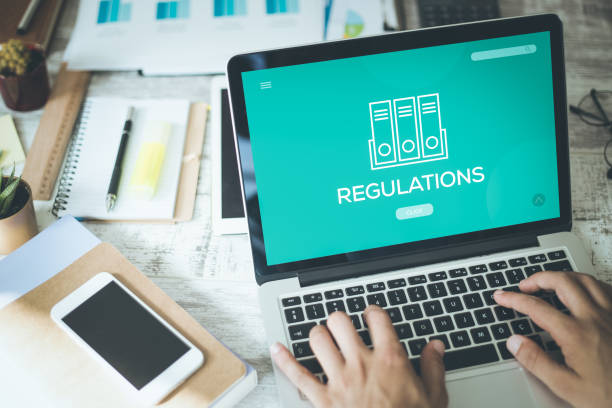Navigating Propane Safety Regulations
Critical Guidelines for a Secure Propane Business Ensuring safety in the propane industry is paramount, given the potential hazards associated with handling and distributing this highly flammable gas. This guide presents a comprehensive plan to understanding and complying with propane safety regulations designed to protect businesses, employees, customers, and the community. Understanding Propane Safety Regulations… Continue reading Navigating Propane Safety Regulations

